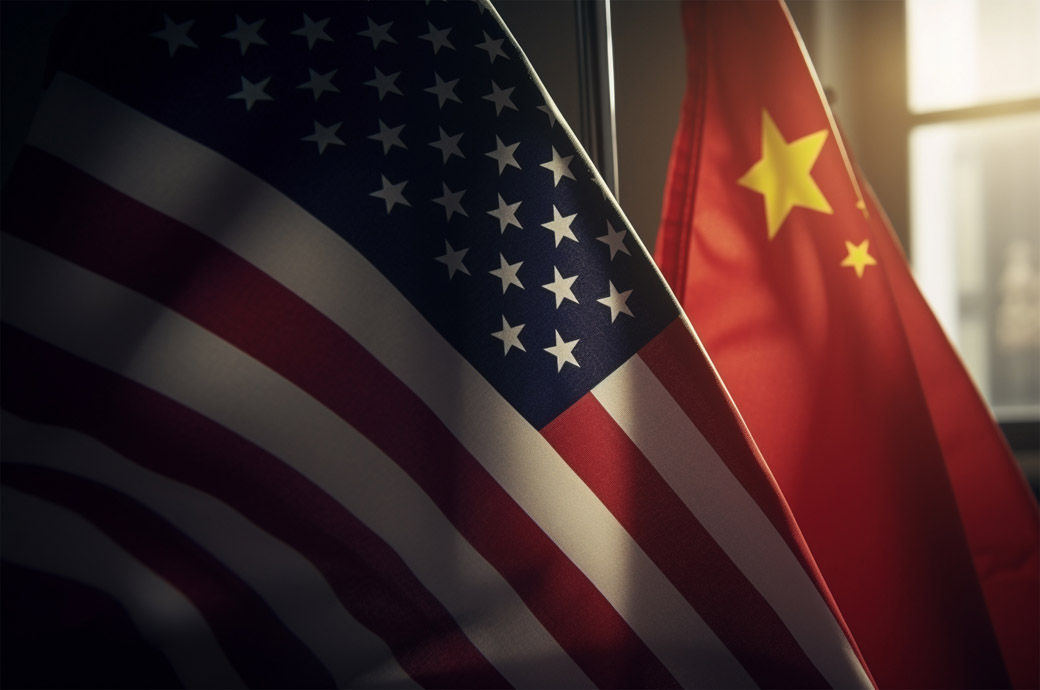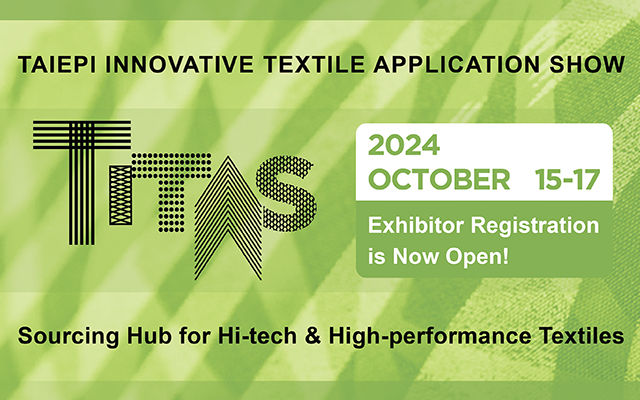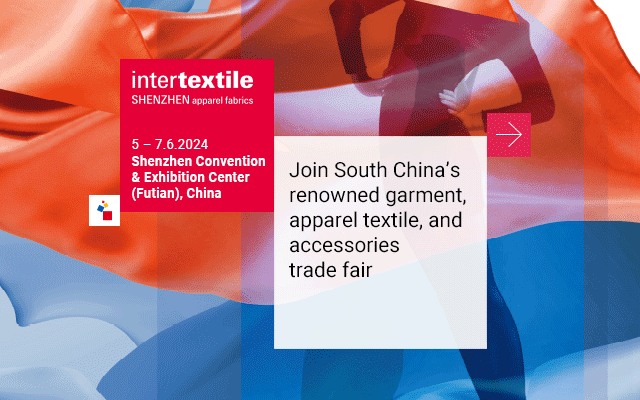AAFA urges USTR to restore China Section 301 tariff exclusions process

Insights
- The American Apparel & Footwear Association has urged USTR to reinstate a China Section 301 tariff exclusions process and to work with other nations on standards compliance in chemical management, product safety and labelling.
- It also wants a pathway for digital labelling for apparel and footwear products and promotion of the Trade Facilitation Agreement.
It also urged USTR to create a pathway for digital labelling for apparel and footwear products and remain persistent in promoting the Trade Facilitation Agreement (TFA), which will eliminate many hidden barriers by ensuring expedited treatment for the movement of goods and greater cooperation between customs officials.
AAFA’s suggestions were part of its response to request for public comments to compile the 2024 National Trade Estimate (NTE) Report on Foreign Trade Barriers.
In a letter to Laura Buffo, chair of USTR trade policy staff committee, AAFA vice president of trade and customs policy Beth Hughes wrote that lack of TFA ratification and implementation is a trade barrier.
Approximately 98 per cent of all the clothes and shoes purchased in the United States are imported, the letter noted.
“While we still export from the US, the clear majority of exports of US-branded product is made in countries other than the US The power of global value chains means that many US apparel and footwear jobs depend on the ability of these foreign-made, US-branded products to penetrate markets, both abroad and at home,” it said.
The United States maintains significant barriers that add costs to US exports and US-branded exports as well. These barriers come in the form of high US tariffs on imported goods despite the presence of significant US value in these goods in the form of intellectual property, raw material or textile inputs, the AAFA letter said.
The amount of tariffs collected on imports of US apparel, footwear, textiles and travel goods in 2022 exceed $24.8 billion.
Exacerbating the situation is the imposition of tariffs on raw materials and inputs used in the US manufacture of finished goods. These tariffs increase the production costs in the United States, harming the ability of domestic manufacturers to compete, both at home and abroad, AAFA noted.
Ensuring predictable, fair, and transparent enforcement of trade laws is equally important, it said.
“In a time of high inflation, this administration should focus on meaningful trade policies that directly address current problems in international trade. Trade policy solutions cannot and should not result in unnecessary and senseless punishment of American consumers, American workers, and the American communities they support,” it added.
Fibre2Fashion News Desk (DS)
































-Ltd..jpg?tr=w-120,h-60,c-at_max,cm-pad_resize,bg-ffffff)





.jpg?tr=w-120,h-60,c-at_max,cm-pad_resize,bg-ffffff)
.jpg?tr=w-120,h-60,c-at_max,cm-pad_resize,bg-ffffff)






